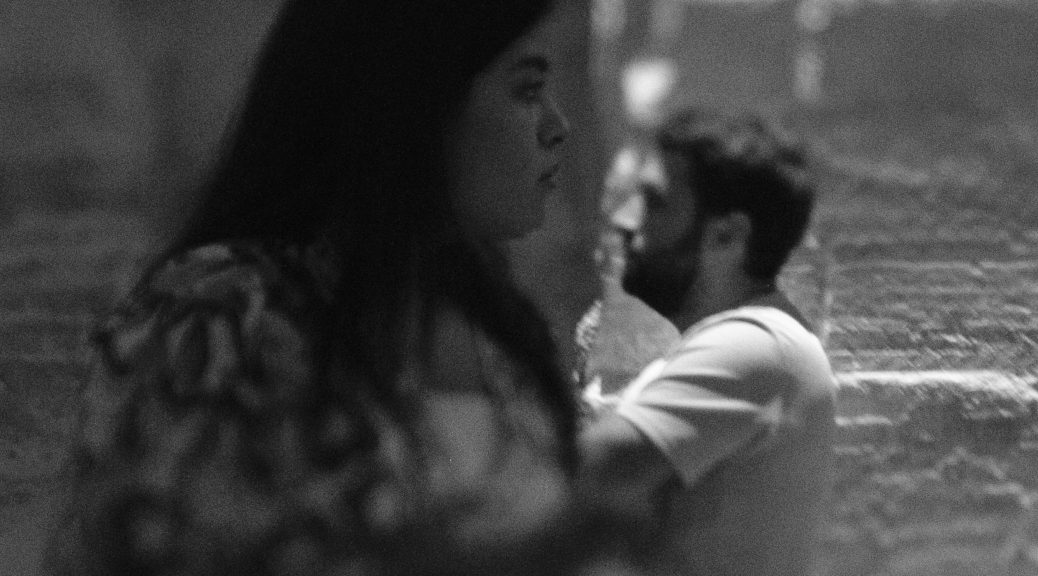Walking hand-in-hand toward Place Voltaire, a mother and her small child sent opposing signals as we crossed paths. The woman glanced briefly at me, only for her eyes to revert forward. She was focused on the road ahead, seemingly unable to respond to my smile.
Her daughter grinned warmly at me and even turned her head to sustain eye contact once we were no longer facing each other. Neither of them recognized me, but the child felt inclined to match my expression. I considered the interaction pleasant, and my smile remained for another few steps. I looked to the left and noticed a man smirking at me. His look was not similar to that of the young girl I had just encountered. I felt inexplicably uneasy and shifted my eyes to the ground.
In moments of passing, I feel compelled to engage in nonverbal communication with most Arlesians, as if to say, “I notice you and you seem nice.” Unfortunately, I’ve come to the conclusion that it is better to avoid interacting with certain strangers completely.
Catcalling is a regular occurrence across this city and countless others. It seems as though certain men lurk on sidewalks for the sole purpose of leering at women. I close myself off at times to avoid unwanted advances. This is not to imply that any men I encounter in Arles are potentially dangerous or violent. Their attention simply evokes discomfort on my end.
I find it interesting that there are conflicting reactions between age groups. Little girls tend not to understand that smiling at anyone and everyone may send a particular message to creepy people that it is okay for them to approach you.
These interactions contribute to my general awareness. At one point or another, adolescents learn that not everyone is to be trusted. Before I came to this realization myself, I believed that the whole world interacted in the same manner as the small child and me.
I typically keep my eyes fixed and my head held high when walking to or from school. If well-intended adults smile at me, I either cannot tell or do not have enough time to return the favor. It is easier to stay shut off than to make 100 individual decisions about who is safe to smile at and who is not. Maybe the girl’s mother and I shared this attitude.
There is no real method of determining whether a particular person is fixed on their destination as a defense mechanism or simply not interested in communicating with others at a given time. Smiling at “inconnus,” those you do not know, is much less common in France than in the United States, leading to both positive and negative outcomes.
I was previously taken aback by its infrequency in Arles. My newfound understanding is that displaying any sort of expression opens a person up to assumptions from others. I cannot automatically assume that someone who does not smile at me is rude. Every expression holds a purpose.

